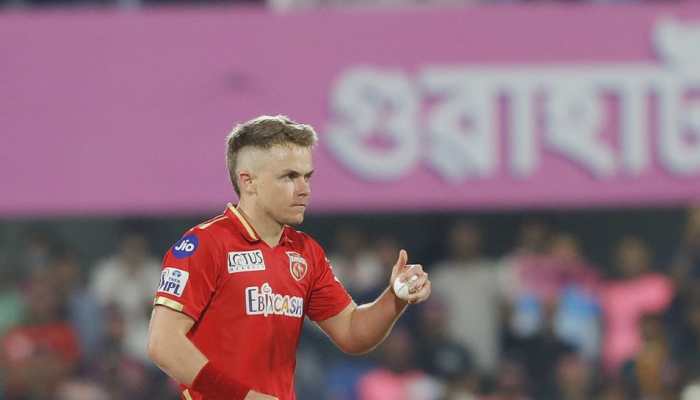Which Indian Captain Has Most ODI World Cup Wins? - In Pics
The history of Indian cricket in the One-Day International (ODI) World Cups has been a rollercoaster ride, marked by triumphs and challenges. Over the years, India has been led by a diverse set of captains, each contributing their unique style of leadership to the team's journey on the world stage. In this narrative, we delve into the captaincy tenures of twelve distinguished individuals who guided the Indian cricket team in various ODI World Cups. From the iconic Kapil Dev's historic victory in 1983 to the modern era under the dynamic leadership of Virat Kohli, these captains have left an indelible mark on the annals of Indian cricket history. Let's explore their World Cup campaigns, successes, and the captain who emerged as the leader with the most World Cup victories for India.
S. Venkataraghavan (1975):
)
In the inaugural Cricket World Cup in 1975, S. Venkataraghavan had the honor of leading the Indian cricket team. India played three matches during the tournament, winning one and failing to progress beyond the group stage. It marked the beginning of India's journey in the world of one-day international cricket.
S. Venkataraghavan (1979):
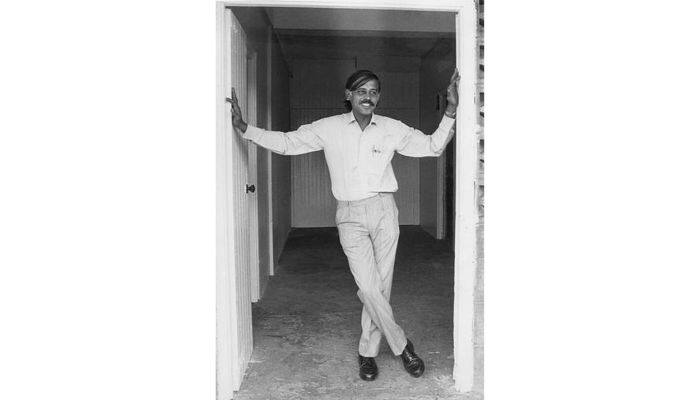
Venkataraghavan returned as captain in the 1979 World Cup. However, the outcome was similar to 1975, with India being unable to advance past the group stage, as they couldn't secure any victories in their three matches.
Kapil Dev (1983):
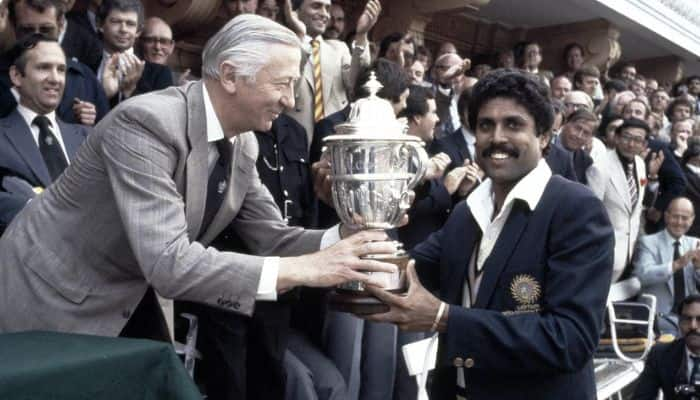
In 1983, Kapil Dev took the reins of the Indian team and led them to their first-ever Cricket World Cup victory. Under his captaincy, India won six out of eight matches, including the memorable final against the West Indies, which remains one of the most iconic moments in Indian cricket history.
Kapil Dev (1987):
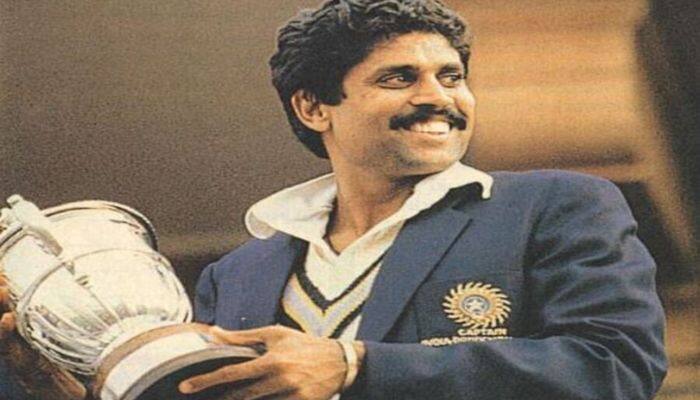
Kapil Dev continued to captain the Indian team in the 1987 World Cup. Although India performed admirably, they reached the semifinals but were unable to make it to the final stages of the tournament.
M. Azharuddin (1992):
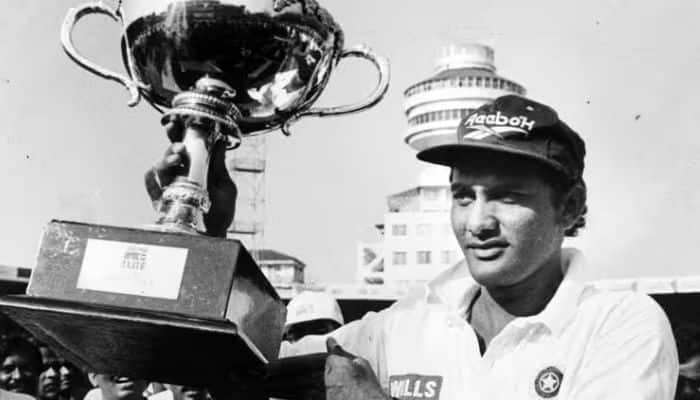
Mohammad Azharuddin led India in the 1992 World Cup. India played eight matches, but could only secure two wins in the round-robin format, ultimately falling short of reaching the knockout stage.
M. Azharuddin (1996):
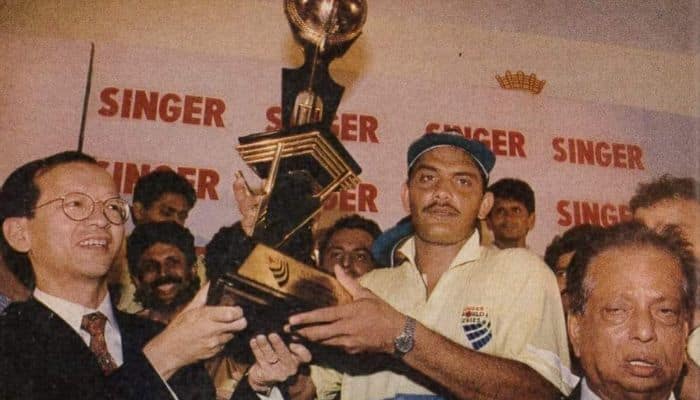
Azharuddin captained India again in the 1996 World Cup. The team fared better this time, reaching the semifinals, where they faced eventual champions Sri Lanka, ending their campaign at that stage.
M. Azharuddin (1999):
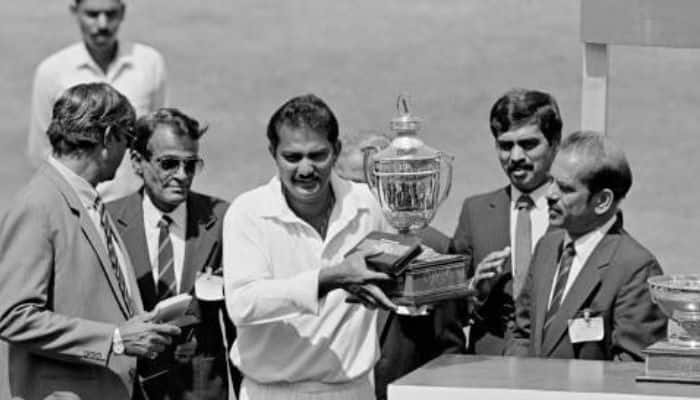
Azharuddin's third World Cup as captain took place in 1999. India managed to progress to the Super Six stage but fell short of making it to the final stages of the tournament.
Saurav Ganguly (2003):
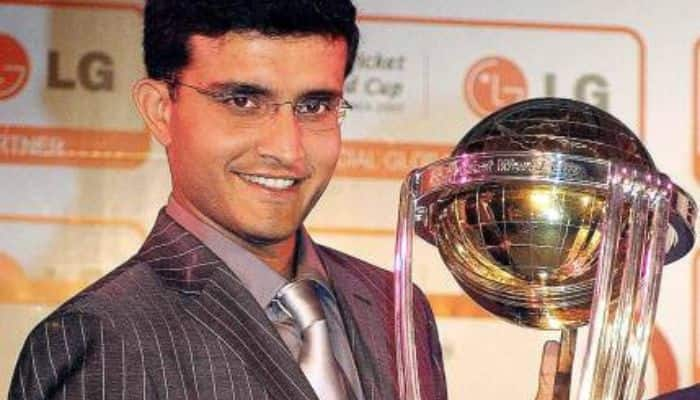
Under the captaincy of Sourav Ganguly, India reached the final of the 2003 World Cup but were runners-up to Australia. Ganguly's leadership was marked by aggressive and fearless cricket, which revitalized the Indian team.
Rahul Dravid (2007):
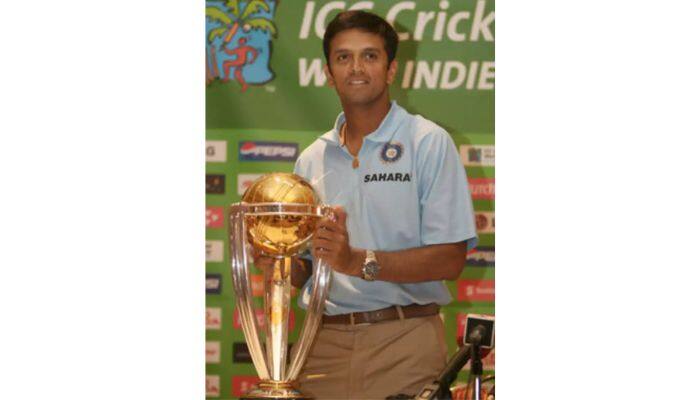
In the 2007 World Cup, Rahul Dravid led India but faced a disappointing campaign as the team could only secure one victory and was eliminated in the group stage.
MS Dhoni (2011):
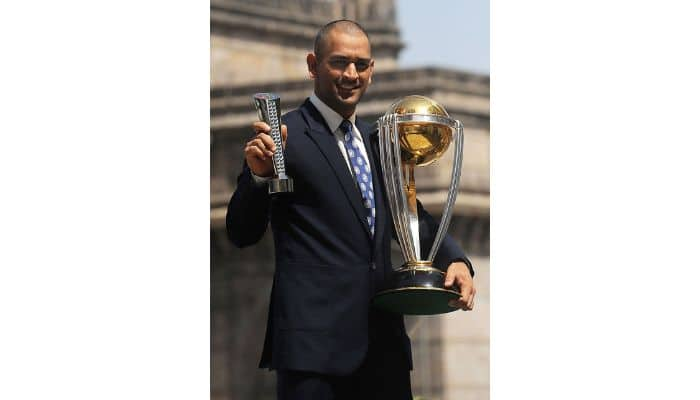
MS Dhoni took over the captaincy in the 2011 World Cup, leading India to their second World Cup victory. Dhoni's leadership was instrumental in India's successful campaign, culminating in the memorable final against Sri Lanka.
MS Dhoni (2015):
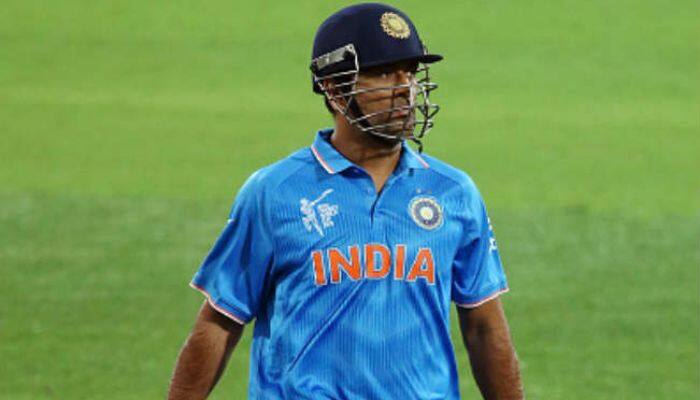
Dhoni continued as captain in the 2015 World Cup, where India reached the semifinals but couldn't advance further. His calm demeanor and astute captaincy continued to be assets for the team.
Virat Kohli (2019):
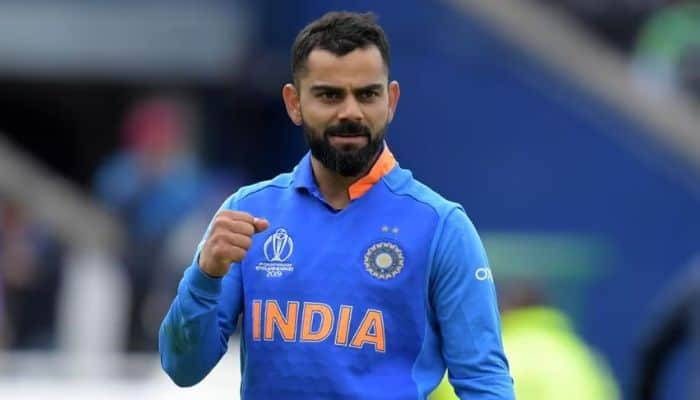
Most recently, Virat Kohli captained India in the 2019 World Cup. The team performed well, reaching the semifinals before bowing out. Kohli's leadership has since been an integral part of Indian cricket's evolution.
Trending Photos





